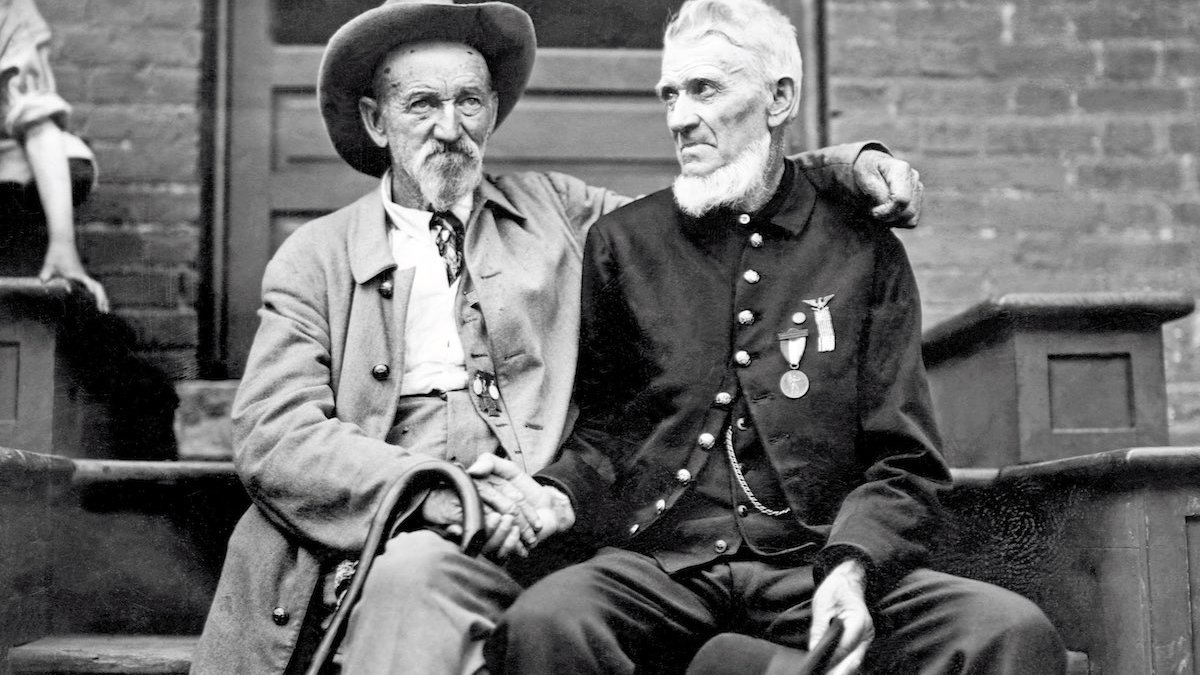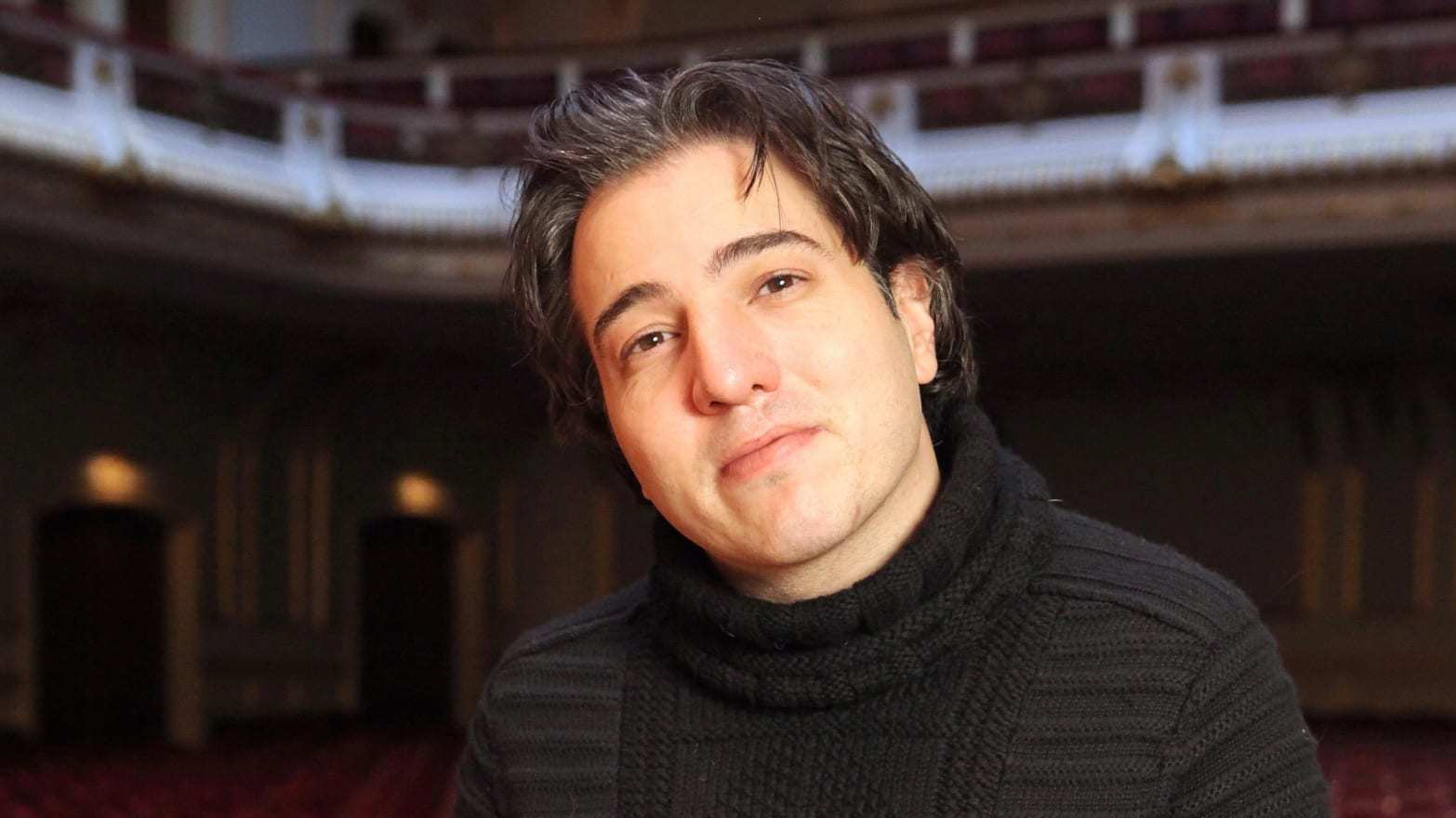Three Purcell Snapshots: Tafelmusik
Henry Purcell (1659-1695) only lived to age 36, but he has long been regarded as one of England’s greatest composers. From age 20 until the end of his life, he served as the organist of Westminster Abbey, a position which afforded celebrity status at the time. He was also appointed chief harpsichordist for the court of King James II. His music, which includes the famous 1689 opera, Dido and Aeneas, continues to influence a wide …







